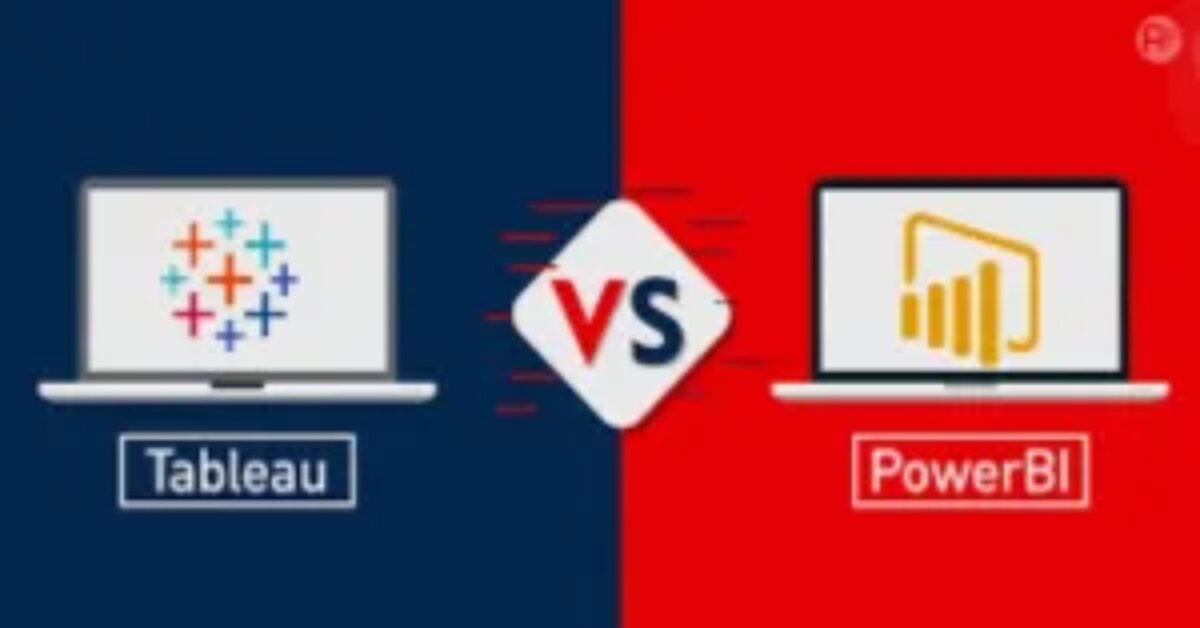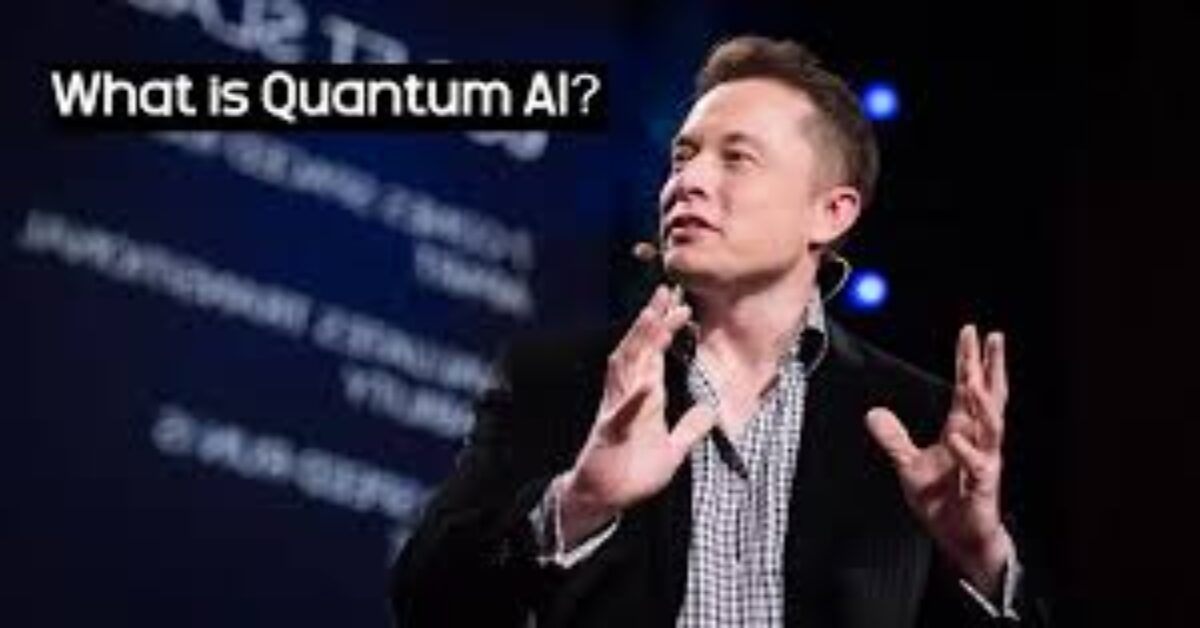Blog
How to make money from your phone (11 Best methods in 2024)

How to Make Money from Your Phone is so easy in today’s modern world. Here we discussed the 11 best methods to make money from your phone.
11 Ways of how to make money from your phone :
1. Sell Your Old Things

Do you have some old garments, furnishings, or textbooks you could do without? (Or anything, for that concern!)
There are many types of mobile applications you can use to sell them and earn some extra money.
2. Trade in Your Old Things on Amazon
Here’s another choice for you to make money from your phone that applies to selling belongings that you don’t require anymore. This opportunity doesn’t make you money but can give you gift cards.
Amazon has a generous trade-in program worldwide that lets you send in tech things like Amazon Devices, smartphones, accessories, video games, and more.
If your thing is suitable, you’ll acquire a straightforward request for an Amazon gift card or a promotional credit toward the buy of a unique gadget.
There are no costs, and Amazon will wrap the shipping charges and ship you a free shipping slip.

3. Use Investment Applications
While you are looking for extra cash right now, one of the finest determinations you can make is to fix yourself up for the fortune, also.
There are some great investment applications out there that can assist you to make money from your phone today, while also raising your worth as you get more senior. Like,
Betterment app helps you to make money from your phone. Made for people who like to take the power of their finances, Betterment is a mixture of investments and redemptions. You can use the application to set plans, and then make a custom investment strategy that will assist you to get those destinations. If investments deliver you a headache, you can fix up an automated monthly guarantee and ignore it.
4. Sell Your Data
For some people, the thought of installing applications on your phone and “selling” your data is a piece of a charge of personal privacy. But if you don’t assume so, this is one of the superior ways to make money from your phone without having to do any additional assignments.
For example, Nielsen
Nielsen offers an innovative way to earn rewards by participating in market research. By sharing your opinions and data on media consumption habits, you can earn points redeemable for various rewards. From gift cards to merchandise, Nielsen’s platform incentivizes your participation, ensuring your voice is heard while you earn valuable perks.
5. Be a User Testing Participant
Brands like to know what people feel about their creations and assistance. And some of them will spend you to tell them your ideas.
UserTesting is a business that assists brands obtain this worthwhile feedback so they can resume making their offerings more useful.
According to the site, participants can earn USD 4 to 5 for a 5-minute user test and $10 to 12 for a 20-minute user test. For live discussions, you can achieve anywhere from $31 to $120.
To sign up, you’ll be required to answer some screening queries so that UserTesting can fit you up with relevant creations and assistance to test out.
6. Fill Out Surveys
You’ve likely listened to surveys before. While they may not be the definitive most useful use of your time, they might be a good concept if you’re adhered to in the house, on your everyday commute, or delaying in the queue at the DMV. Let’s look at a pair of popular survey applications like InboxDollars, and Survey Junkie.
7. Sell Your Pictures

Love photographing pictures with your selfie stick? Maybe you choose yourself a bit of an inexperienced photographer with your latest iPhone. Carrying a few engaging images could be all it takes to make some extra cash through apps like FOAP. This is the finest path to make money from your phone.
8. Run a Shopify Store for Earning
Running a Shopify store from your phone is a good decision to make money from your phone. Did you understand you can handle an e-commerce shop from the palm of your hand?
That’s right — Shopify presents a mobile application that lets you access everything demanded to operate your shop from your phone.
You can operate the Shopify application to add creations, manage products, complete demands, resemble sales channels, speak with clients, and even keep income levels in review.
9. Earn Prizes for Playing Games
There are thousands of games available in today’s phone application market. While most will specifically provide you with a path to consume your time, there are few applications out there to help you make money from your phone while having fun similarly.
For example, Mistplay is an application that lets you how to make money from your phone by playing games. Mistplay offers an exciting opportunity to earn money directly from your phone. By playing mobile games through the Mistplay app, users accumulate points that can be exchanged for gift cards or cash rewards. Simply download the app, select games from their curated list, and start playing to earn points. The more you play, the more points you earn. With a wide range of game genres available, from puzzles to action-packed adventures, Mistplay ensures there’s something for everyone. It’s a fun and convenient way to monetize your gaming hobby and turn your phone into a source of income.
10. Get Paid for Walking
Most of us walk a future already – whether it’s grabbing a walk with your dog or only commuting to the office. Like, Sweatcoin.
“Sweatcoin, the app revolutionizing fitness tracking, rewards users with digital currency for their steps. As you stride towards health goals, Sweatcoin converts your physical activity into Sweatcoins, which can be redeemed for exciting rewards. From gadgets to experiences, every step counts towards earning rewards that motivate and incentivize your fitness journey.”
11. Earn While Defending the Environment
Why not make your wallet and the earth slightly greener at the exact time?
Cleanspace is a wonderful application that presents freebies and deals to people who save themselves and the atmosphere.
Related to; 9 Best Secret Websites to Make Money in 2024
Technology
“Power BI vs Tableau: Which Reigns is Best or Supreme in 2024?”

Introduction to Power BI vs Tableau:
In the world of information visualization and analytics, Power BI vs Tableau stand out as two of the most unmistakable gadgets. Each has its qualities and lacks, catering to contrasting needs and inclines. Understanding the contrasts between Power BI and Tableau is pivotal for making an instructed choice about which contraption best suits your necessities.
Background of Power BI and Tableau:
Both Power BI and Tableau have picked up broad ubiquity over a long time, revolutionizing how businesses analyze and visualize information. Control BI, created by Microsoft, entered the showcase in 2013, whereas Scene, established in 2003, has been an overwhelming player for longer. In spite of their varying timelines, both apparatuses have advanced altogether, joining progressed highlights and functionalities.
Purpose and Functionality:
Power BI and Tableau serve the common reason for changing crude information into noteworthy experiences. In any case, they utilize unmistakable approaches to accomplish this objective. Control BI, profoundly coordinates with the Microsoft environment and offers a consistent network with Exceed expectations, SQL Server, and other Microsoft items. On the other hand, Scene gloats a more instinctive and user-friendly interface, making it a favorite among information visualization devotees.
Cost and Licensing Models:
Taken contemplations play a noteworthy part in the decision-making handle for businesses assessing Control BI vs. Scene. Control BI offers a run of estimating alternatives, counting a free form with restricted highlights and subscription-based plans for people and endeavors. The scene, in the meantime, takes after a layered estimating structure, with diverse estimating levels based on the highlights and functionalities required.
Data Connectivity and Integration Capabilities:
The capacity to interface to and coordinated with different information sources is a vital angle of any information analytics apparatus. Control BI and Scene back a wide run of information connectors, empowering clients to get to information from different sources such as databases, cloud administrations, and spreadsheets. In any case, Control BI’s local integration with Microsoft items gives it a competitive edge for organizations intensely contributed in the Microsoft environment.
Visualization Capabilities and Customization Options:
The adequacy of an information visualization device pivots on its capacity to make compelling and quick visualizations. Both Control BI and Scene offer plenty of visualization choices, counting charts, charts, maps, and dashboards. Whereas Control BI gives a strong set of visualization devices, Scene exceeds expectations in terms of adaptability and customization, permitting clients to make exceedingly intuitive and energetic visualizations.
Learning Curve and User Experience:
Blog
Artificial Intelligence Ticketing: Best Your Shortcut to Smarter Operations in 2024
Blog
Quantum Artificial Intelligence Elon Musk in 2024: Pioneering the Future.

Quantum Artificial Intelligence Elon Musk
In cutting-edge technology, the fusion of quantum mechanics and artificial intelligence (AI) stands at the forefront of innovation. Quantum Artificial Intelligence Elon Musk represents a paradigm shift in computing capabilities, with the potential to revolutionize industries ranging from healthcare to finance. At the helm of this transformative journey is the visionary entrepreneur, Elon Musk.
Introduction to Quantum Artificial Intelligence (QAI)
Quantum Artificial Intelligence harnesses the principles of quantum mechanics to perform complex computational tasks beyond classical computers’ reach. Unlike classical bits, which can only exist in a state of 0 or 1, quantum bits or qubits can exist in multiple states simultaneously, enabling exponential leaps in processing power.
Understanding Quantum Computing Artificial Intelligence

To comprehend the significance of QAI, one must grasp the fundamentals of quantum computing. Quantum computers leverage phenomena such as superposition and entanglement to perform computations at unparalleled speeds, solving problems that would take classical computers eons to crack.
Applications of Quantum Computing Artificial Intelligence
The applications of quantum computing Artificial Intelligence span a myriad of fields, including cryptography, drug discovery, and optimization. Quantum cryptography ensures secure communication channels, while quantum algorithms expedite the discovery of life-saving drugs and streamline logistical operations.
Challenges in Quantum Computing Artificial Intelligence
Despite its immense potential, quantum computing faces formidable challenges such as error correction, scalability, and quantum decoherence. Overcoming these hurdles is essential for realizing the full capabilities of QAI.
Elon Musk’s Interest in Quantum AI
Quantum Artificial Intelligence Elon Musk, the maverick entrepreneur behind Tesla, SpaceX, and Neuralink, has long been vocal about the potential risks and rewards of artificial intelligence. His foray into quantum AI underscores his commitment to pushing the boundaries of technological innovation.
Tesla’s Potential Integration with Quantum AI
Tesla’s pursuit of autonomous driving technology could benefit immensely from the integration of quantum AI. The intricate decision-making processes involved in self-driving cars could be optimized using quantum algorithms, enhancing safety and efficiency on the roads.
SpaceX and Quantum AI
SpaceX, Musk’s aerospace venture, could leverage Quantum Artificial Intelligence Elon Musk to revolutionize space exploration. From trajectory optimization to data analysis, quantum algorithms could bolster the capabilities of SpaceX missions, propelling humanity further into the cosmos.
Neuralink and Quantum AI
Neuralink, Musk’s ambitious venture to merge the human brain with AI, presents intriguing possibilities for synergy with quantum computing. The marriage of Quantum Artificial Intelligence Elon Musk and brain-computer interfaces could unlock new frontiers in human cognition and machine learning.
OpenAi and Quautum AI Research

As the founder of OpenAI, Musk has championed the cause of AI research and development. Collaborations between OpenAI and quantum computing experts could pave the way for groundbreaking advancements in AI capabilities.
Implications for the Future
The advent of Quantum Artificial Intelligence Elon Musk heralds a new era of innovation and disruption. From personalized medicine to climate modeling, Quantum Artificial Intelligence has the potential to address some of humanity’s most pressing challenges while raising ethical questions about its implications.
Conclusion
In conclusion, Quantum Artificial Intelligence Elon Musk underscores his visionary approach to technological advancement. By harnessing the power of quantum computing, Musk aims to push the boundaries of AI capabilities and propel humanity into a future limited only by imagination.
Unique FAQs
How does quantum AI differ from traditional AI?
- Quantum AI leverages the principles of quantum mechanics to perform computations at exponential speeds, whereas traditional AI relies on classical computing architectures.
What are the main challenges facing quantum computing?
- Error correction, scalability, and quantum decoherence are among the primary challenges impeding the widespread adoption of quantum computing.
How could quantum AI impact everyday life?
- Quantum AI could revolutionize industries ranging from healthcare to finance, enabling breakthroughs in drug discovery, financial modeling, and personalized medicine.
What role does Quantum Artificial Intelligence Elon Musk?
Elon Musk’s ventures, including Tesla, SpaceX, and Neuralink, are at the forefront of exploring the potential applications of quantum AI in various domains.
Are there any ethical concerns surrounding quantum AI?
- Ethical considerations, such as data privacy, algorithm bias, and the potential for job displacement, must be carefully addressed as quantum AI technologies continue to evolve.
Exploring Quantum Artificial Intelligence Elon Musk’s Vision

The Intriguing Intersection of Quantum Mechanics and Artificial Intelligence
Quantum Artificial Intelligence (QAI) stands as a testament to human ingenuity, merging the abstract principles of quantum mechanics with the practical applications of artificial intelligence. Traditional computing, based on classical physics, has its limitations, particularly when faced with immensely complex problems. Quantum computing, however, offers a tantalizing glimpse into a realm where computation occurs at the quantum level, opening doors to unprecedented computational power and efficiency.
Elucidating the Enigma: Quantum Computing Artificial Intelligence Principles
At the heart of quantum computing Artificial Intelligence lies a set of principles that defy conventional understanding. Concepts such as superposition and entanglement form the bedrock upon which quantum algorithms operate. Superposition allows qubits to exist in multiple states simultaneously, while entanglement links the states of qubits, enabling instantaneous correlation across vast distances. These phenomena, seemingly paradoxical, underpin the extraordinary capabilities of quantum computers.
Unveiling Quantum Computing’s Multifaceted Applications
The applications of quantum computing Artificial Intelligence extend far beyond theoretical speculation, manifesting in tangible advancements across various industries. Quantum cryptography, for instance, leverages the inherent security of quantum systems to safeguard sensitive information against prying eyes. Similarly, quantum algorithms hold promise in accelerating the discovery of novel pharmaceutical compounds, revolutionizing drug development pipelines, and improving patient outcomes.
Navigating the Treacherous Terrain: Challenges in Quantum Computing Artificial Intelligence
Despite its immense potential, the path to practical quantum computing is fraught with challenges. Error correction mechanisms are paramount, as quantum systems are inherently susceptible to noise and interference. Moreover, scalability remains a pressing concern, with current quantum hardware struggling to accommodate the demands of large-scale computations. Quantum decoherence, the bane of quantum systems, poses yet another obstacle, threatening to unravel delicate quantum states before useful computations can be completed.
Elon Musk: A Trailblazer in the Technological Landscape
Elon Musk’s endeavors transcend the boundaries of conventional industry, epitomizing the spirit of innovation and disruption. From electric vehicles to space exploration, Musk’s ventures have redefined what is possible in their respective domains. Central to Musk’s ethos is a steadfast commitment to advancing technology for the betterment of humanity, a principle that extends to the realm of artificial intelligence and quantum computing.
Tesla: Spearheading the Automotive Revolution with Quantum AI
Tesla, under Musk’s visionary leadership, has emerged as a pioneer in the realm of autonomous driving technology. The integration of Quantum Artificial Intelligence holds immense promise for Tesla’s self-driving endeavors, enabling real-time decision-making and adaptive learning capabilities that far surpass the capabilities of traditional AI systems. By harnessing the power of quantum computing, Tesla aims to revolutionize transportation and redefine the concept of mobility.
SpaceX: Pushing the Boundaries of Space Exploration with Quantum AI
SpaceX, Musk’s audacious aerospace venture, is at the forefront of humanity’s quest to explore the cosmos. Quantum AI, with its unparalleled computational prowess, could prove instrumental in optimizing spacecraft trajectories, analyzing vast datasets from space probes, and enabling autonomous navigation systems for future Mars missions. By embracing quantum computing, SpaceX endeavors to unlock the mysteries of the universe and pave the way for interplanetary exploration.
Neuralink: Bridging the Divide Between Mind and Machine with Quantum Artificial Intelligence Elon Musk
Neuralink, Elon Musk’s enigmatic brain-computer interface startup, seeks to merge the human brain with artificial intelligence. The potential synergy between Neuralink and Quantum AI is tantalizing, offering unprecedented insights into the inner workings of the mind and the potential for symbiotic relationships between humans and machines. By harnessing quantum computing power, Neuralink aims to unlock new frontiers in cognitive enhancement and human-machine interaction.
OpenAI: Charting the Course for Ethical AI Development with Quantum Computing
As the founder of OpenAI, Elon Musk has been a vocal advocate for responsible AI development. OpenAI’s collaborations with quantum computing experts signify a concerted effort to ensure that the benefits of Quantum Artificial Intelligence are equitably distributed and ethically governed. By fostering interdisciplinary research and promoting transparency in AI development, OpenAI aims to shape a future where quantum computing serves as a force for good in society.
Conclusion: Navigating the Quantum Frontier with Elon Musk
In conclusion, Quantum Artificial Intelligence Elon Musk represents a convergence of scientific inquiry and technological innovation, with the potential to reshape the fabric of our reality. Elon Musk’s visionary leadership and unwavering commitment to pushing the boundaries of human achievement have positioned him at the forefront of this quantum revolution. As we embark on this journey into the unknown, guided by the principles of curiosity and exploration, we stand poised to unlock new realms of possibility and usher in a future limited only by the bounds of our imagination.
Related to: Unveiling the Magic Why is AutoBlogging.ai the best AI writing tool in 2024?







